
Asia wants to build nuclear power stations, but what does it take?
By John Yeap“Asia is rolling out its new build ambition on a global basis, but technology vendors should be mindful of a range of challenges that could arise in new nuclear jurisdictions”, say John Yeap and Carl Watson.
With the nuclear pendulum having swung firmly back in its favour globally, the talk in much of Asia is now no longer whether to include nuclear power into the generation mix, but how and when to do so. With many Asian economies continuing to see significant economic growth from industrialisation and urbanisation, the combined concerns of global warming and economic loss due to air pollution caused by burning fossil fuels, have provided the catalyst for development of a nuclear power programme.
However, commissioning new nuclear has its challenges, and not least is the challenge of successfully procuring and erecting nuclear power stations in new nuclear countries with a developing regulatory framework.
Japan, South Korea, India and China already operate a large proportion of the world's nuclear reactor fleet and are rapidly building more. Further, Japanese, Chinese and South Korean vendors and contractors are already active around the world in the nuclear sector. Other emerging Asian countries (including Vietnam, Indonesia, Malaysia and Thailand) have included at least one new nuclear plant in their medium to longer term power planning programmes.
Click here to view the table
These programmes are themselves supported by bilateral agreements and memoranda of understanding with many countries including South Korean, Japanese, Chinese, Russian and French interested entities.
In seeking out export markets Chinese, South Korean and Japanese vendors need to be mindful of a range of challenges that could potentially hamper the roll out of, particularly, first of a kind (FOAK) new nuclear technology in Asia and beyond. Key issues to consider include:
(i) Management of regulatory risk – Failure to undertake thorough regulatory due diligence carries significant risk of delays and increased costs. Risk is magnified in new nuclear markets where the regulator is likely to be newly established, inexperienced in the application of a process in a practical context, possibly under budgetary constraints and/or suffering from political pressure.
(ii) An integrated approach to contracting – In addition to due diligence on an often embryonic regulatory regime, deal flow inertia and logistical issues in emerging nuclear economies mean that a conservative approach to programme development is prudent to avoid exposure to significant price and schedule overruns. Advanced investment in trusted and proven nuclear-specific project and construction/civils management resource is essential, as is the assembly of a viable, willing supply chain, with capacity.
Construction and commissioning of FOAK units domestically with associated final design development prior to their export is one way to mitigate this risk
(iii) Liability for nuclear damage – to balance the need to encourage investment in nuclear power (with its potential for ruinous financial claims for nuclear damage in the event of a nuclear incident) with the availability of compensation for any victims of such an incident, most emerging nuclear economies are developing liability regimes that largely replicate the principles of international law in this area. These principles channel liability for such damage to the Operator and cap its liability. This is an important area of legal due diligence and feeds into contract negotiation so gaps in that liability regime (such as liability for damage incurred in neighbouring countries and damage to the nuclear plant itself) can be bridged. However, the recent experience of BP in the USA after the Deepwater Horizon/Macondo oil spill illustrates the ever present political risk that any company associated with a serious nuclear incident will be unable to avoid a moral call for compensation.
Will Chinese, South Korean and Japanese vendors come to dominate the emerging Asian and global markets? China is on the verge of completing development of indigenous Generation III reactor technologies and is looking beyond that into Generation IV and perhaps to commercial nuclear fusion. With experienced prime contractors, intact local supply-chains and confident regulators they are as well-versed to break into new nuclear markets as the South Koreans and Japanese. But, notwithstanding their domestic success, these established Asian vendors (and indeed any global vendor) will need exercise increased caution when venturing out of their 'comfort zone' into new and inexperienced markets that are perhaps struggling to develop the intellectual and physical infrastructure necessary for a successful nuclear industry.
John Yeap and Carl Watson, Energy lawyers with the Hong Kong office of Pinsent Masons LLP

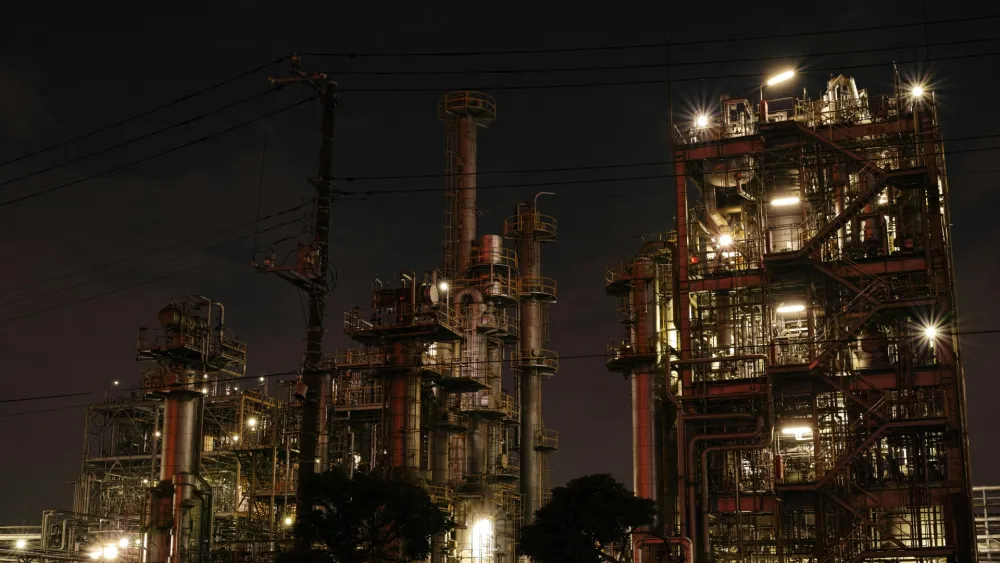
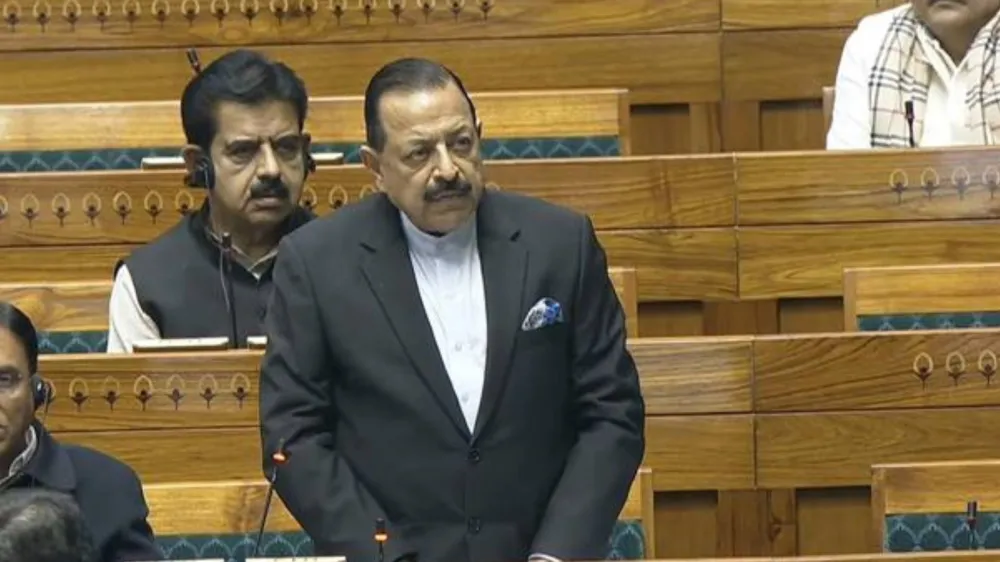
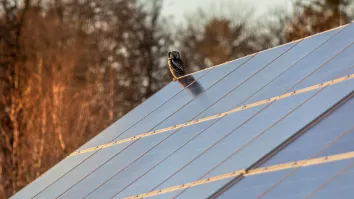
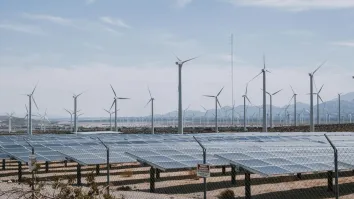
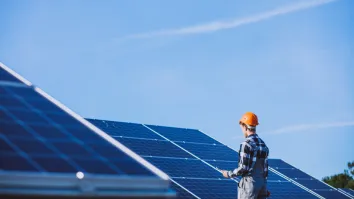
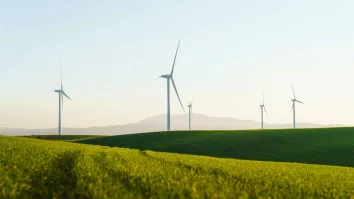













 Advertise
Advertise






